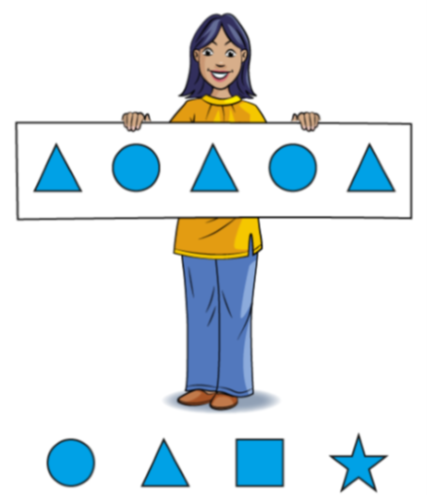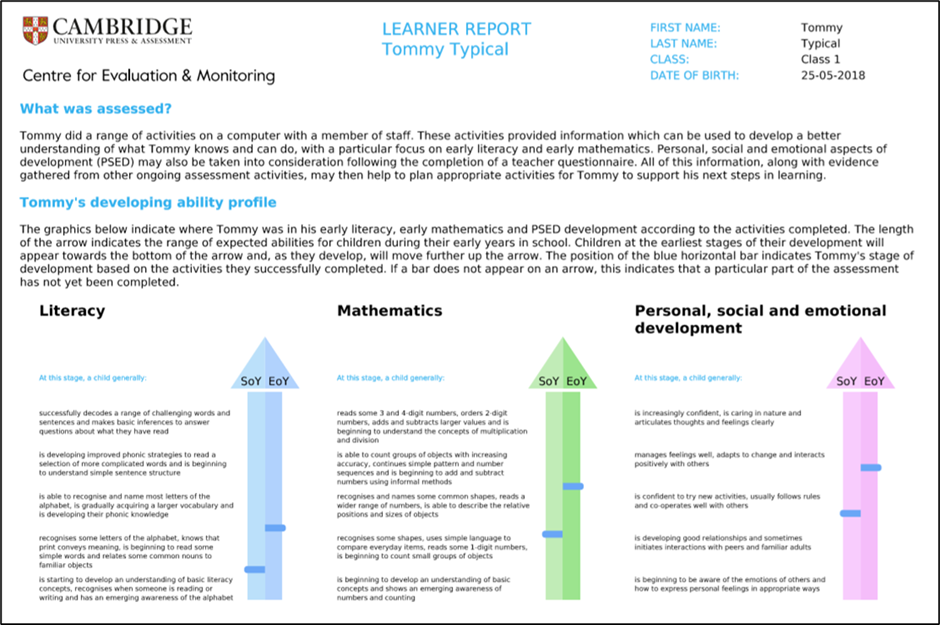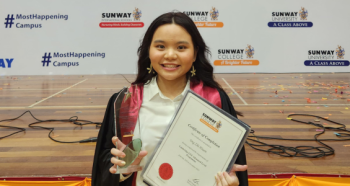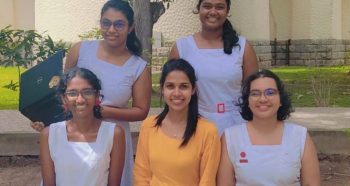The first year of a child’s education is unique. There is no other point in the education journey where children make such significant progress in their learning and development. And this is true all over the world, from schools in the Alpine regions of Northern Europe to schools in the Western Cape of South Africa.
Studies have shown that the impact of a child’s first year of schooling stays with them throughout their education. For forty years, our team at the Cambridge Centre for Evaluation & Monitoring have been at the forefront of baseline assessments, and we know from extensive research that the earlier an intervention is put in place, the greater impact it will have on the learner in the long-term. A UK Department for Education report on research into the early years, Economic benefits of effective reception classes, even found that children in the most effective early years classes can expect to earn more than their peers in later life.
So, understanding, tracking, and measuring the progress children make in their early years is vital to ensuring they have the best start in life. However, one of the challenges of early years is how little is actually known about what learners already know and can do when they first step into their classroom.
How can Cambridge Early Years support from the start?
Cambridge Early Years, our programme for 3–6-year-olds, is based on the very latest educational thinking and has been developed in collaboration with trusted early years experts. The new curriculum sets out a firm foundation for educational success, helping children meet key early milestones and thrive in and outside of school.
Following key principles, the approach to measuring progress in Cambridge Early Years is based on continuous formative assessment. This is carried out through observations and evidence gathered during learning, and our teaching and learning resources come complete with support for doing this in every lesson. To further complement this approach, we have also developed Cambridge Early Years Check Together.
Check Together is our digital baseline assessment platform that provides practitioners with an objective measure of each child’s starting point of ability. The assessment gives invaluable insights into learners’ abilities that may not be immediately apparent, meaning teachers can plan more effectively for each child. We recommend that Check Together is taken at the beginning and end of year two of our programme.
“We believe that one of the most powerful ways to improve learner outcomes is to give teachers robust, detailed and formative information on individual learner developmental levels in the Early Years” Kate Bailey, Managing Director of Cambridge Centre for Evaluation & Monitoring, part of Cambridge University Press & Assessment.
How does Check Together work as part of Cambridge Early Years?
Child-centred & play-based
Check Together is an assessment designed not to feel like a test. Using a story-based format, the teacher and learner are guided through questions by a friendly host and are prompted to answer as they follow along.
It only takes about 20 minutes, but teachers get valuable one-to-one time with each child, helping to build strong relationships at the beginning of the year, as well as gaining important insights from individual to whole-class levels. The detailed feedback in the reports allow practitioners to inform planning, resourcing and create additional learning opportunities as early as possible.
Pictured: A question about shapes – what shape comes next?

Holistic & balanced
Check Together assesses three key areas of our curriculum:
- Early literacy
- Early mathematics
- Personal, social, and emotional development (PSED)
Reports are automatically generated and focus on providing insights that teachers can use to identify strengths and areas for development.

Pictured: an example of a student report showing the ability level of a child at the start of year (SoY) and end of year (EoY)
Easy to implement & track learning
Check Together assessments are automatically marked online. Teachers can also easily record their initial observations on a child’s PSED, which then feed into the detailed feedback reports that are instantly available on completion.
Combining the insights into a child’s skills, abilities, and attitudes at the start of the year gives practitioners powerful information about how to approach the curriculum and the kinds of opportunities that would enhance learning as early as possible.
Flexible & supportive
Unlike other forms of assessment, Check Together is adaptive. This means that as learners answer questions, the assessment algorithm learns about them and presents questions with the right amount of challenge to pinpoint their level of ability more accurately. This kind of assessment keeps children engaged and motivated throughout.
In terms of the feedback, it’s not about scores. It’s about getting the best understanding of what children already know and can do so teachers can set out the best path for their learning from the start.
Trusted & respected
Our assessment developers worked alongside our curriculum experts to design the questions for Check Together so that the assessment perfectly complements our new curriculum framework. This allows teachers to accurately monitor children’s progress over these first few crucial years, giving them the best possible start to prepare and ease the transition into the next stage of their education and beyond.
Discover Cambridge Early Years Check Together





